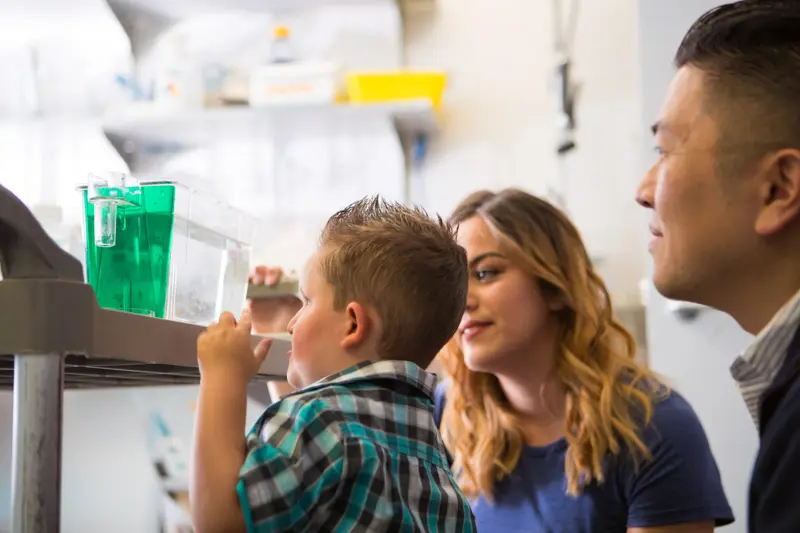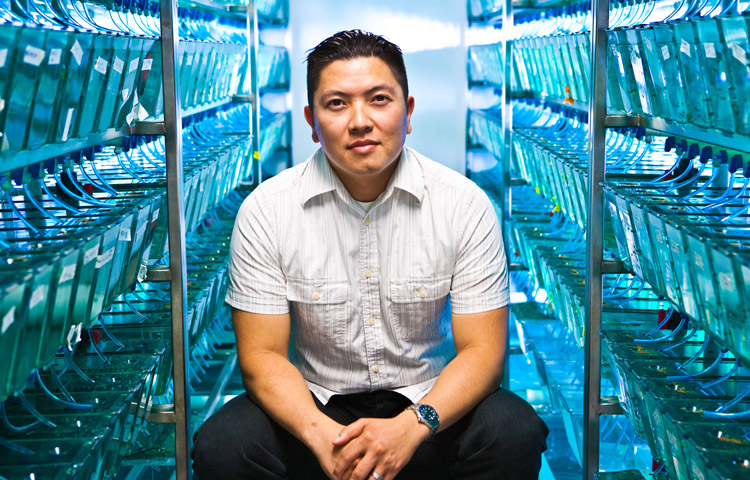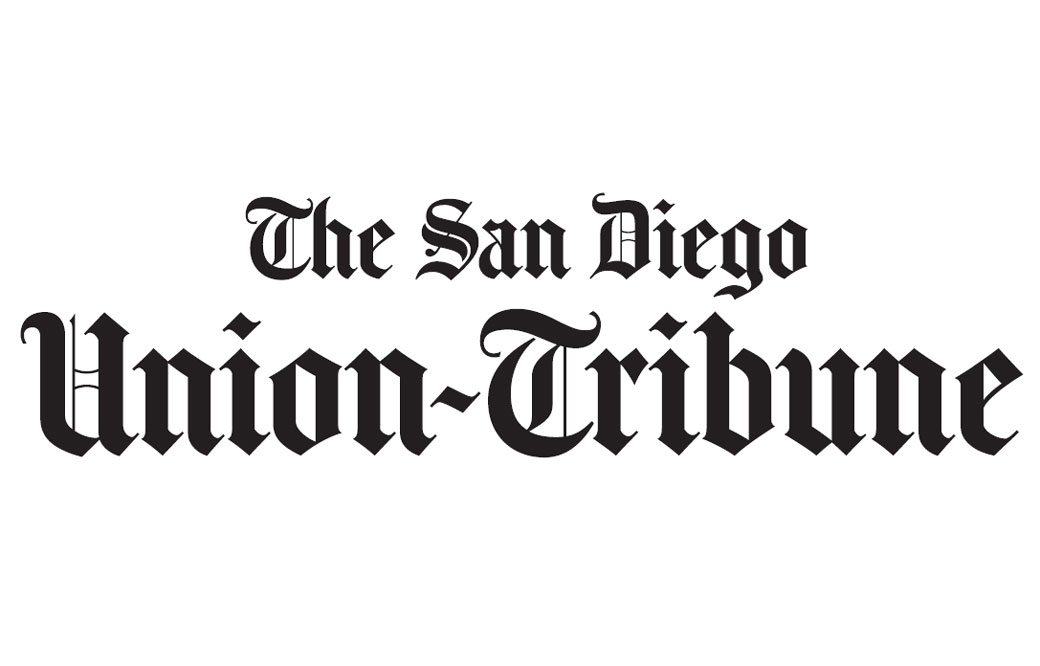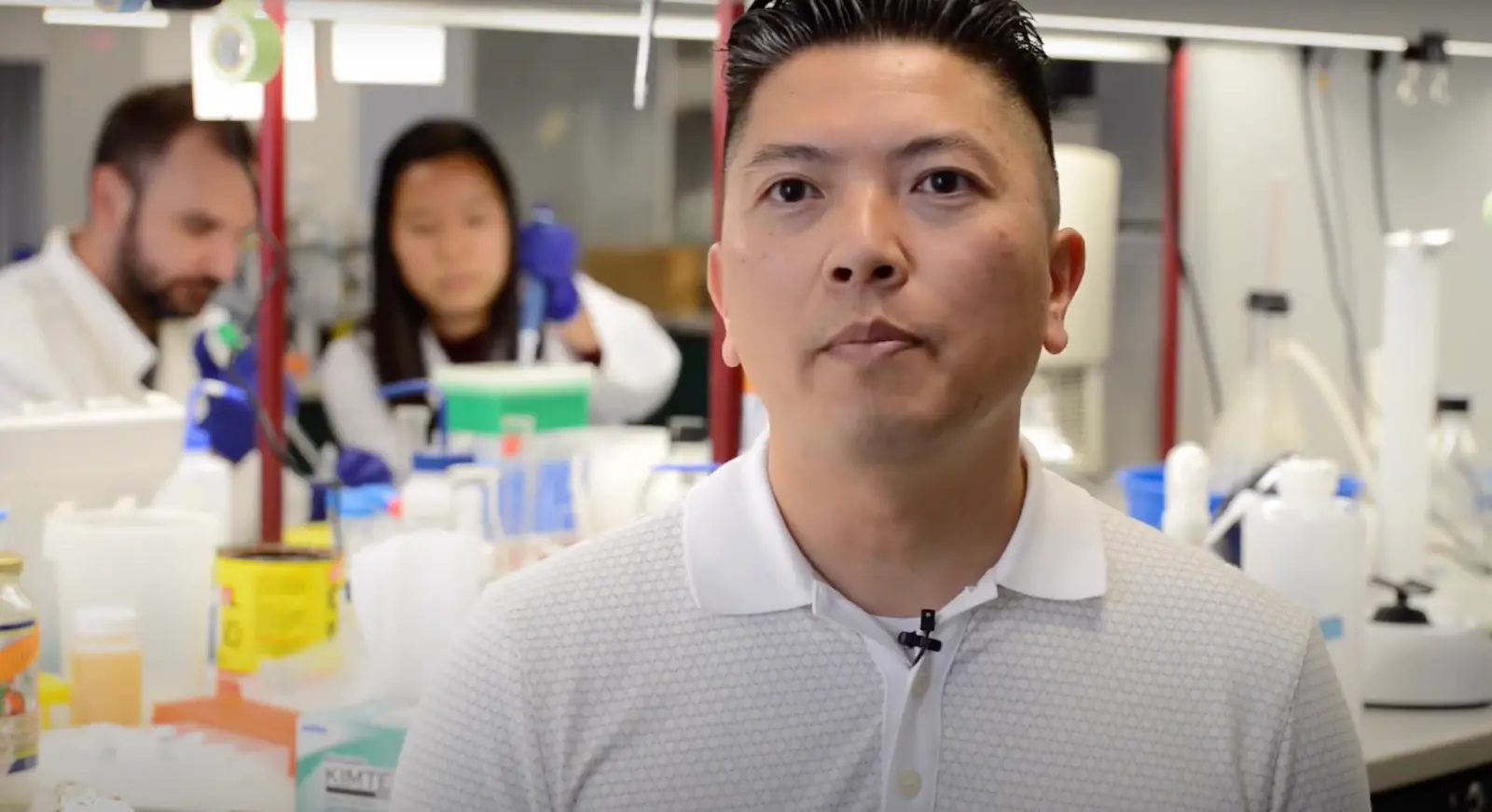Dr. Dong received his Biology Bachelor of Science degree in 1996 from the University of California, Irvine, where he was involved in molecular evolution and limb regeneration research. He earned his PhD in Cell and Molecular Biology at the University of Wisconsin, Madison in 2002, investigating cell/tissue identity master regulatory genes. His postdoctoral research at the University of California, San Francisco was focused on developmental genetics of the liver and pancreas.
Dr. Dong was recruited as an Assistant Professor to Sanford Burnham Prebys in 2008. He is a recipient of the NIH Director’s New Innovator Award Award and the W. M. Keck Foundation Award, which funds the development of in vivo lineage reprogramming technologies to generate replacement cells and organs directly within a living vertebrate.
Education
BS, Biology, University of California, Irvine
PhD, Cell & Molecular Biology, University of Wisconsin, Madison
Postdoctoral Fellow, Genetics and Development, University of California, San Francisco
Related Disease
Alagille Syndrome, Congenital Diseases, Degenerative Diseases, Liver Diseases, Monogenic Diabetes, Pancreas Diseases, Type 1 Diabetes, Type 2 Diabetes
Phenomena or Processes
Aging, Human Evolution, Organogenesis, Regenerative Medicine
Anatomical Systems and Sites
Developmental Biology, Synthetic Cell Biology
Techniques and Technologies
Developmental Genetics, Disease Genetics
Our objective is to uncover fundamental insight into basic and biomedical science through rigorous investigation of the genetic mechanisms governing organogenesis and diseases. We have discovered multiple genes critical for generating liver and pancreas cells and have created novel animal models for diseases such as diabetes and Alagille Syndrome. These unique experimental models have been yielded mechanistic insight and potential new therapeutic avenues. Further, we have demonstrated for the first time that a cell’s identity can be reprogrammed to convert into a completely unrelated lineage, without their removal from the body (in vivo) and without passage through a stem cell intermediate. This in vivo lineage reprogramming breakthrough may lead to a vast new and safer source of replacement cells for degenerative diseases and injuries. Ultimately, we aim to develop genetic technologies to improve human health and advance human biology.

Kashton (diagnosed with Alagille Syndrome), his mother Shauna, and Professor Dong observing zebrafish
with a mutation in jagged, the gene affected in his disease.
 Jan 9, 2023
Jan 9, 2023New Hope Against ‘Incurable’ Liver Disease That Kills Children
Jan 9, 2023Alagille syndrome is caused by a mutation that prevents the formation and regeneration of bile ducts in the liver. About…
 Jan 4, 2023
Jan 4, 2023Incurable liver disease may prove curable
Jan 4, 2023Research from Sanford Burnham Prebys has found a drug that can spur liver regeneration in Alagille syndrome.
 Jun 7, 2022
Jun 7, 2022Alagille syndrome: a promising therapy races towards clinical trials
Jun 7, 2022Recent breakthroughs from Professor Duc Dong and his team bring great promise to the Alagille community and are also cause…
 Mar 30, 2022
Mar 30, 2022From zebra fish to bacteria, Diabetes Research Connection celebrates a decade funding novel ideas
Mar 30, 2022San Diego group has provided more than $2 million to early-career scientists across the country conducting maverick research on Type 1 diabetes
 Oct 11, 2021
Oct 11, 2021New stem cell identified by Sanford Burnham Prebys researchers offers hope to people with rare liver disease
Oct 11, 2021Researchers have discovered a new source of stem cells just outside the liver that could help treat people living with…
 Mar 25, 2019
Mar 25, 2019Inspiring future scientists at the STEM EXPO
Mar 25, 2019Armed with wiggly worms and striped zebrafish, on Saturday, March 2, more than 20 volunteers from Sanford Burnham Prebys helped…
